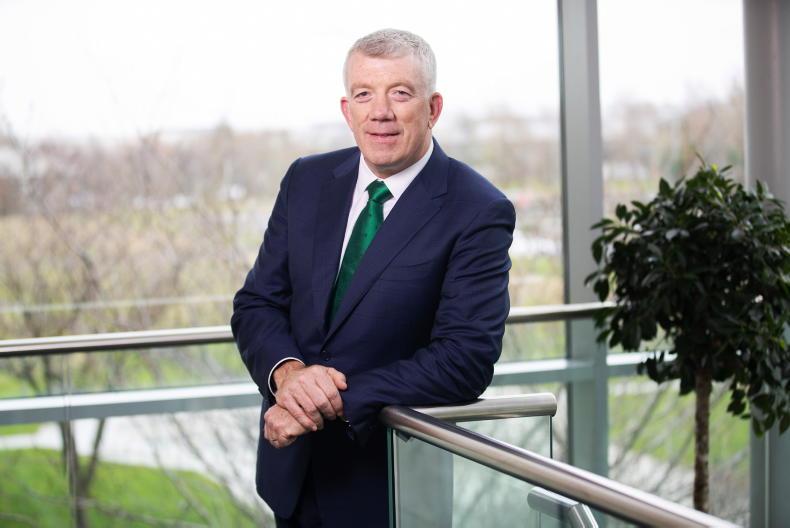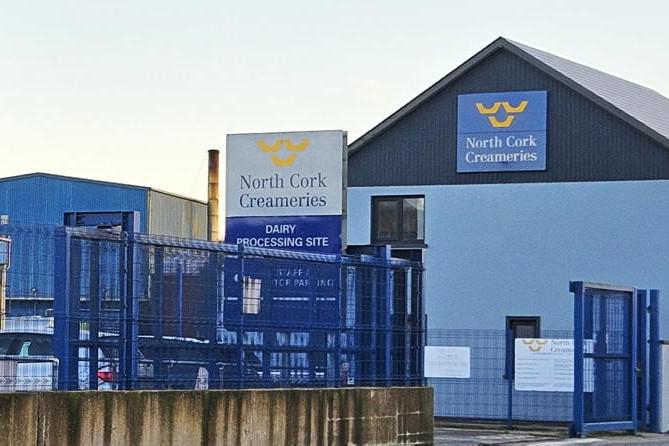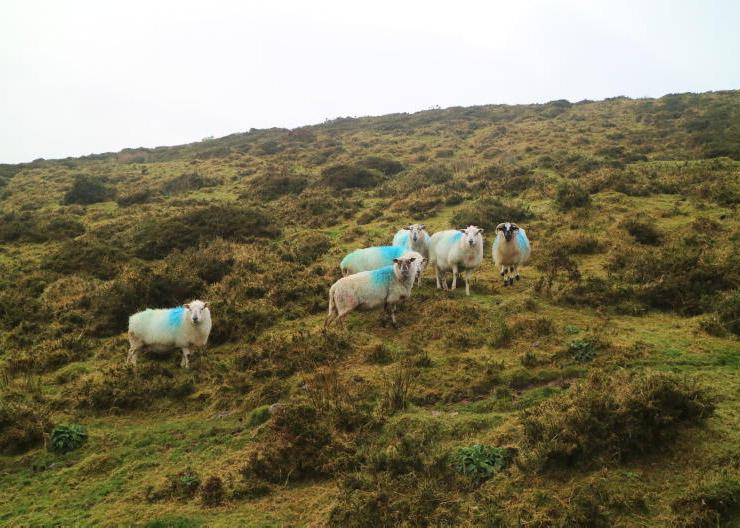Historians of the Irish agricultural co-operative movement know of two truths.
Firstly, its founder Horace Plunkett honed his commerce skills while ranching in the Big Horn Mountains of Wyoming. In the 1890s, he embraced the co-operative business model for Ireland, not as a socialist Nirvana, but to provide economic power against gombeen men and private retailers who were content to keep Irish farmers impoverished.
The second truth is that the co-operative business model is distinct from a company, be it private or on a stock exchange. That distinction pivots on the amount of leverage or indebtedness that any co-op should incur.
To understand the strategies of both Glanbia and Kerry Co-ops currently, you must examine them through the lens of these two truths
Unlike private companies, where equity finance is always a key lever to potentially address excessive debt, co-ops do not have the option of a similar solution.
Therefore, they must always veer towards a more conservative amount of leverage when weighing up investment decisions.
To understand the strategies of both Glanbia and Kerry Co-ops currently, you must examine them through the lens of these two truths.
Each of them has created vehicles that have tapped the stock exchange over the past 30 years to create value by establishing successful global businesses.
The co-op/plc model they deployed is unique internationally and has facilitated significant wealth creation for member shareholders while retaining material farmer control.
In Kerry, the co-op holds a share certificate in Kerry plc valued at over €2bn
At Glanbia, its farmer-owned co-op has recently voted to secure 100% control over the largest dairy processing business in Ireland, while continuing as the single biggest shareholder in Glanbia plc.
In Kerry, the co-op holds a share certificate in Kerry plc valued at over €2bn and it too has expressed an ambition to take back control of the Irish dairy processing assets that sit inside Kerry plc.
Both of these developments mark a full circle in the ownership of large swathes of Irish agribusiness. In the 1980s, it was Kerry Co-op, led by a management team under Denis Brosnan, that devised a stock market-listed business model which could access equity finance to grow internationally.
Both Glanbia plc and Kerry plc emerged from those brave decisions to create stock market companies with market values of €3.4bn and €20bn, respectively.
Deal
Last week, Glanbia Co-op struck a deal to secure funding that allows it take full control of the Glanbia Ireland business.
This long-term funding ensures the co-op will own 100% of Glanbia Ireland without the worries of volatile credit and equity markets.
It also respects the need to ensure a co-op avoids where possible excessive indebtedness.
As part of that transaction, Glanbia plc, as part of its share buyback programme, chose to acquire some of the shares on offer by Glanbia Co-op.
This mechanic helps bolster the value of each remaining share in the plc by reducing the absolute number of shares in issue. That should boost the value for all shareholders in the plc, including the co-op, over the medium to long term.
At Kerry, a similar pathway is plausible. The co-op there holds a highly valuable shareholding in Kerry plc worth over €2bn
The ‘new’ Glanbia strategy will develop over the coming months and years, and may ultimately be part-funded by the valuable equity holding that remains in Glanbia plc if the latter, as expected, grows in value.
At Kerry, a similar pathway is plausible. The co-op there holds a highly valuable shareholding in Kerry plc worth over €2bn. Inside the plc resides a profitable and well-invested Irish dairy processing business which could potentially be owned by the co-op.
Kerry plc is focused on building a global taste and nutrition business, so the domestic dairy and agri assets could potentially be sold to the co-op if terms were to be agreed.
Constructive goodwill
To achieve such an outcome, constructive goodwill between co-op and plc is a necessity.
When large businesses are being transacted, there is a temptation to deploy advisers on either side at an early stage. That, though, can trigger a process that gets tetchy and adversarial very quickly.
It is only when a level of mutual respect has been attained that a transaction can be progressed professionally with the support of advisers.
As Ireland celebrates its 100th year as an independent state, the role of the co-operative movement needs to be cherished and celebrated.
By combining their economic power, Irish farmers have built an industry that has provided strong long-term employment off farm and wealth creation on it.
You can define Irish republicanism in many ways
The imagination to establish stock market-listed companies to advance that cause, while retaining the scope to regain control over core processing assets, is the hallmark too of a healthy co-operative spirit.
You can define Irish republicanism in many ways. Mine has always been to encourage and support successful business and employment opportunities created by indigenous enterprise that can advance the State and staunch the long-term stain of emigration.
The private sector has had, and will continue to have, a key role in that journey. Having a thriving commercial co-operative sector in the agri-food industry, not afraid to take bold decisions, is central to that future. Horace Plunkett would see the sense in that.
Joe Gill is director of corporate broking with Goodbody Stockbrokers, which acted last week as lead adviser to Glanbia Co-op on its funding structure.









SHARING OPTIONS